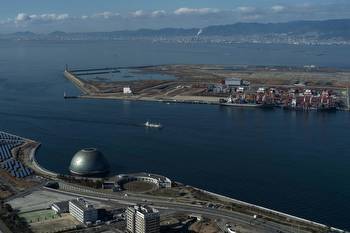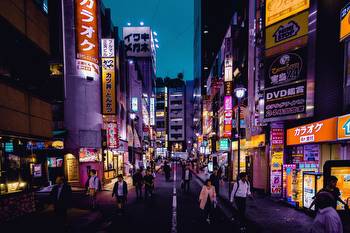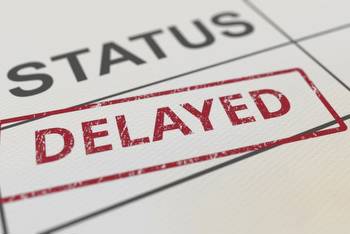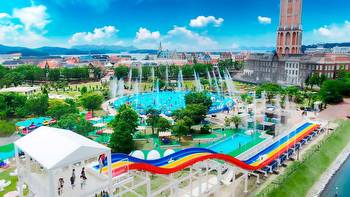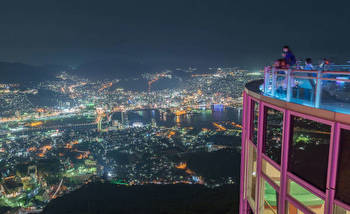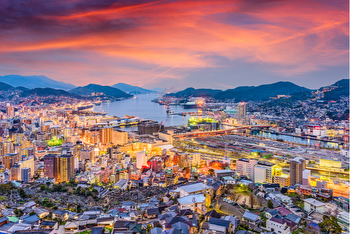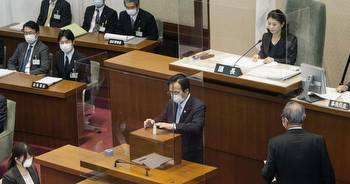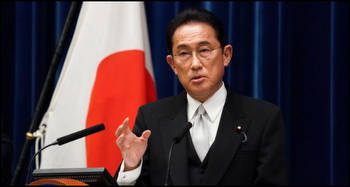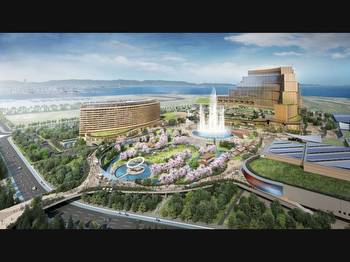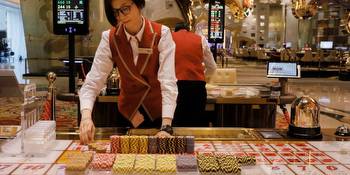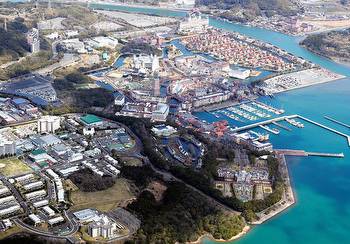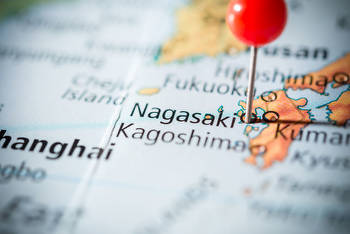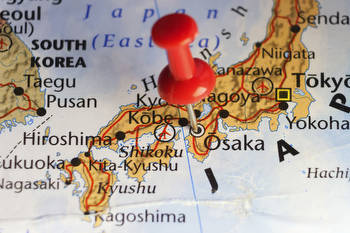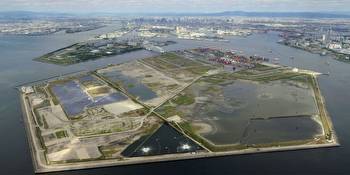Yokohama mayor-elect deals Japan's casino dream a fresh blow -Nikkei Asia
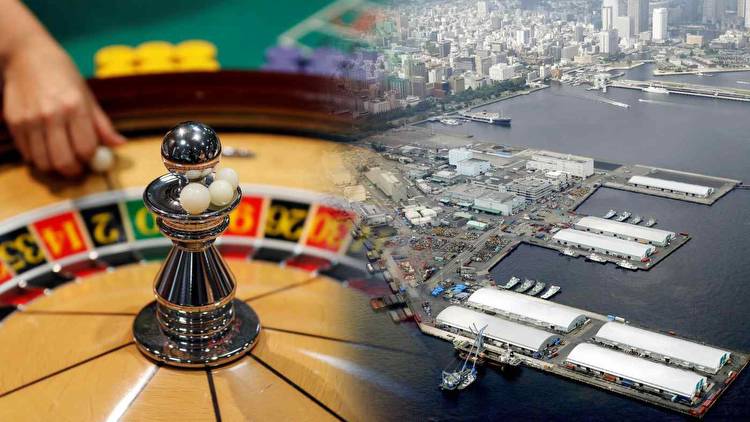 ERI SUGIURA, Nikkei staff writer
ERI SUGIURA, Nikkei staff writerTOKYO -- The result of the Yokohama mayoral election on Sunday has cast another shadow over Japan's ambitions to build massive casino resorts, a drive that was already under strain due to the withdrawal of interest by key foreign players amid the COVID-19 pandemic.
Takeharu Yamanaka, a former professor at Yokohama City University, will become mayor on Aug. 30. On Monday he told news outlets he intends to make a declaration "at an early stage" that the city of Yokohama, next to Tokyo, will not apply to join the bidding process to host a casino.
The central government has said it will award up to three cities a license to host so-called integrated resorts, which combine hotels, casinos, entertainment complexes and conference centers.
Yamanaka, who was backed by opposition parties, campaigned on an anti-casino platform. His victory heralds the end of the city's bid to host one of the gambling resorts, many observers say.
Yokohama's withdrawal could leave three interested cities bidding for the same number of licenses. In addition, the remaining candidates are all in western Japan, potentially undermining the government's hope to drive tourism nationwide.
As part of its bid, Yokohama earlier this year solicited business proposals from industry players. Two consortiums, one led by Genting Singapore and the other reportedly by Hong Kong-based Melco Resorts & Entertainment, have submitted plans to the city. Although authorities were planning to select a candidate for the project, "this process will also be suspended," Yamanaka said.
"We will carefully monitor the situation," Genting told Nikkei Asia, adding that it has not received any official announcement from the city. Melco, which has sponsored a popular soccer team and made other efforts to build ties with local communities, declined to comment.
"It seems almost impossible for Yokohama to move forward with the election of Yamanaka-san," said Brendan Bussmann, a partner at Global Market Advisors. "The anti-[integrated resort] movement is fully planted into the immediate future of Yokohama, as seen with the mayor-elect's firm stance on the issue."
The pullout of Yokohama, deemed a strong candidate to receive one of the licenses, adds to the headwinds blowing against Japan's ambition to become a major casino market. Osaka, the country's third most populous city after Tokyo and Yokohama, is now the only large city remaining as a candidate. The smaller cities of Wakayama, adjacent to Osaka, and Nagasaki, on the southern island of Kyushu, are the other contenders.
Las Vegas Sands, a major U.S.-based casino operator, had been seeking opportunities in Yokohama but said in May 2020 it would withdraw from Japan's bidding process. Wynn Resorts, another American player, closed its office in Yokohama several months later, while Hong Kong-based Galaxy Entertainment announced its pullout from the city three months ago.
Takashi Kiso, CEO of the International Casino Institute consultancy, said the remaining candidate cities might only put forth a minimum effort as the central government has previously stated that up to three sites will be selected.
Those cities are "likely to be approved if they go beyond the minimum level of requirements," Kiso said. "Some might now be happy to see Yokohama drop out, but fundamentally there should be competition to make the development sound."
Local authorities are required to select an operator and submit the name to the central government by April 2022; taking this step allows them to join the bidding process.
Kiso also touched on the possibility that Japan could open three gambling resorts in one area of the country. "This might not benefit the government," he said, "which was keen to make use of such resorts as main drivers of international tourism."
Other analysts believe it is unlikely the government will stack three casinos next to one another.
"With Osaka likely to get the nod from the national government, neighboring Wakayama may be a long shot, even with Yokohama potentially dropping out," Vitaly Umansky, a Bernstein analyst, said in a note on Monday.
When Japan legalized casinos in 2018, many industry insiders felt the country had a chance of becoming the world's second-biggest casino destination after Macao, with some parties announcing they would spend $10 billion developing an integrated resort. But the COVID-19 outbreak clouded the outlook for facilities designed to lure huge numbers of guests.
Delays by the central government in unveiling guidelines on site selection as well as a bribery scandal involving a former pro-casino lawmaker have aggravated the situation, alienating multiple casino operators from Japan amid uncertainty and stirring public opinion against integrated resorts.
MGM Resorts International, which has partnered with Japan's Orix, is the only contender for a planned resort in Osaka. Last month the company pitched an idea to local authorities for a 1 trillion yen ($9 billion) casino resort, which is now scheduled to partially open in the second half of 2020s, following pandemic-related delays.
Wakayama Prefecture in June announced that the consortium of Toronto-based Clairvest Group is officially its priority candidate for the prefecture's bid; it envisions a 470 billion-yen resort. Nagasaki Prefecture said earlier this month that it selected Austrian casino-operator Casinos Austria International Japan for a resort of up to 460 billion yen.
Despite the setbacks, Bussmann from Global Gaming Advisors remains hopeful Japan will build its integrated resorts, which have been "debated and discussed ... for over 20 years," he said.
"We have seen tremendous progress over the last several years as cities like Osaka, Wakayama and Nagasaki continue to push forward with their development plans," Bussmann added. "The pandemic has not helped matters, but this still remains a strong opportunity for investment and economic growth."








